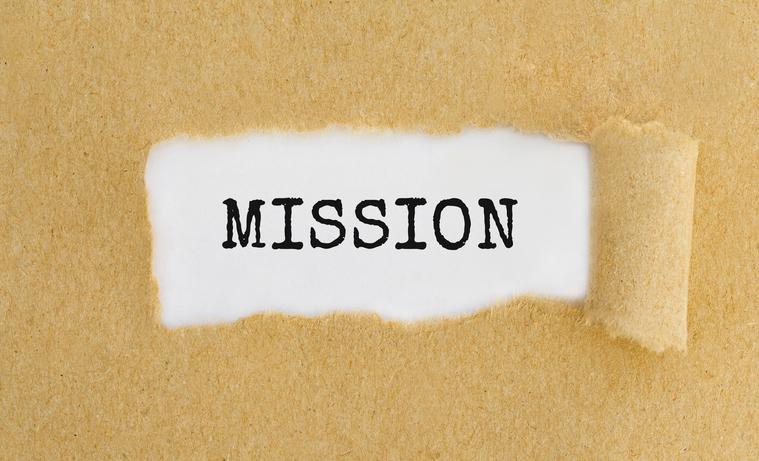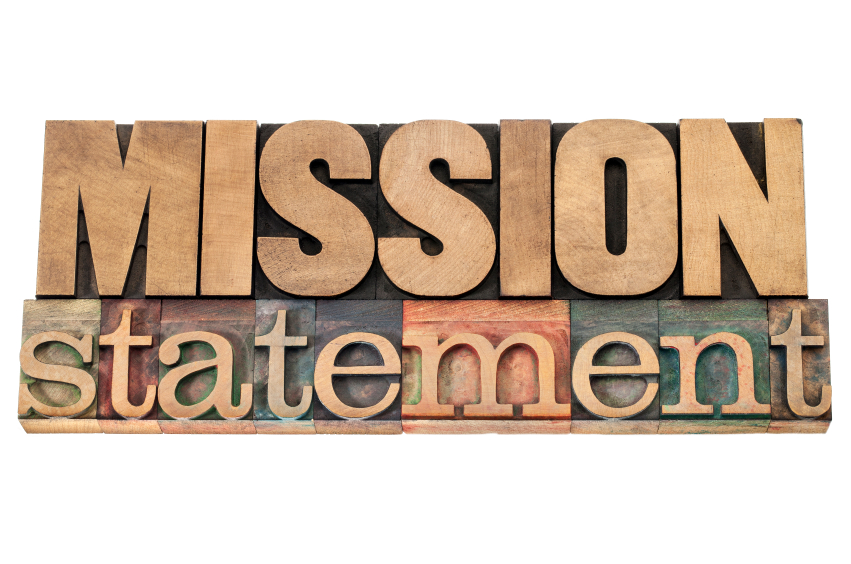
 Wondering how to write a personal mission statement? Read on!
Wondering how to write a personal mission statement? Read on!
Most companies create mission statements that define the direction the company wants to move. If mission statements mold the future of successful companies, why do so many professionals neglect to devise mission statements of their own? You cannot expect to chart a career course, without developing a road map of where you want to go and how you plan to get there.
Benefits of Learning How to Write a Personal Mission Statement
Far too many professionals believe divine destiny shapes their careers. They never articulate a clearly defined career path. The lack of a personal mission statement has the same negative impact that it has on companies that never develop missions. Yet, how to write a personal mission statement produces several more benefits.
- Clarifies Your Professional Role
- Measures Impact of Career Decisions
- Keeps You on the Right Career Path
- Clearly Presents Your Professional Goals
- Motivates You to Meet Your Career Goals
- Optimizes Your Professional Skills
- Helps You Adapt to Rapid Career Changes
- You Act, Rather than React
Now, let’s examine how to write a personal mission statement.
Emulate a Professional Role Model
Whether it’s a mentor or the professional peer that works in the next cubicle, we all have someone to turn to for inspiration on learning how to write a personal missions statement. Think of someone in your professional life that you deeply respect and glean the qualities of the person that stand out in the working world. The qualities can include personality traits, professional achievements, and strength of character.
Identify Your Professional Strengths
What professional skills do you bring to the career table? One of the first steps for learning how to write a personal mission statement involves listing your strongest professional attributes, from knowing how to secure data to organizing financial accounts. The more time that you spend contemplating what you do well professionally, the more likely that you write a personal mission statement that moves you smoothly along your career path.
Define Your Professional Purpose
Every personal mission statement must include a clearly defined professional purpose. You can’t expect to chart your career path, without having a destination in mind. List all of your strengths and weaknesses. Then, create a professional purpose that leverages your strengths, while minimizing the exposure of your weaknesses. Defining a professional purpose doesn’t require you to declare how you plan to move up in your career. It involves defining where you ultimately want to land.
Specify Goals
After creating the purpose that acts as the cornerstone for learning how to write a personal mission, you then devise the goals that make your professional purpose come true. Professional goals represent specific, results-oriented statements that you measure. Goals such as “Operate a small business by 2020” appear to be specific, but there’s still a lot of wriggle room to make the statement ambiguous. Instead, write, “Operate a bakery within five years that exceeds $500,000 in annual sales.”
The Time Has Come to Write
You can create a clearly defined purpose accompanied by specific goals and still fail at learning how to write a personal mission statement. You need to put your professional purpose and goals on paper. You don’t need to invoke your inner Hemmingway to present your personal mission statement. Write a few sentences in two, maybe three paragraphs that use active voice to define your personal mission. Bullet points help accentuate your professional goals.
Revise, Revise, Revise
Personal mission statements act as fluid documents that you constantly revisit. You need to create several different drafts and even when you’ve reached personal mission statement nirvana, you should revise your professional Magna Carta at least once a year to account for career changes. In our rapidly changing economy, an industry that enjoys strong growth one year can quickly reach stagnation a few years later.
If You Reach the Wall…
…lean on a career counselor to help you learn how to write a personal mission statement. A career counselor provides feedback on every component of your personal mission statement. He or she helps you identify your strengths by administering aptitude tests. Career counselors also know how to help you mold your professional purpose and develop concrete goals that ensure you remain on the right career path.
Learning how to write a personal mission statement doesn’t require a PhD in English literature. It does require you to take the passion you have for a specific vocation and transform the passion into a cogent plan that keeps you grounded in the pursuit of your career dreams.
Leave a Reply